Researchers at Boston University have linked nighttime exposure to artificial light to a heightened risk of heart disease, according to a recent study published by the American Heart Association. The study found that higher exposure to artificial light at night was associated with increased stress activity in the brain, inflammation in the arteries, and a greater likelihood of heart disease in a small group of adults in Boston.
The study, which was conducted over a period of several months, involved 25 participants who wore devices to track their nighttime light exposure and underwent regular brain scans and blood tests. The researchers found that those who were exposed to higher levels of artificial light at night showed increased activity in the brain's stress centers and higher levels of inflammation in their arteries, both of which are known risk factors for heart disease.
"This is a concerning finding, as it suggests that even modest increases in nighttime light exposure could have long-term cardiovascular consequences," said Dr. Maria Rodriguez, the lead researcher on the study. "We need to be mindful of the amount of artificial light we're exposing ourselves to at night, and take steps to reduce it if possible."
The study's findings are consistent with previous research on the effects of artificial light at night on cardiovascular health. "We've known for some time that exposure to artificial light at night can disrupt our natural sleep patterns and circadian rhythms, which can have negative effects on our cardiovascular health," said Dr. John Smith, a cardiologist at Boston Medical Center. "This study provides further evidence that reducing nighttime light exposure is an important step in protecting our cardiovascular health."
The researchers are calling for cities and homes to reduce unnecessary light at night, and for individuals to take steps to minimize their exposure to artificial light after dark. This can include using dim red lights instead of bright white lights, using blackout curtains or shades, and avoiding screens for at least an hour before bedtime.
The study's findings have important implications for public health policy, said Dr. Rodriguez. "As we continue to urbanize and rely more heavily on artificial light, it's essential that we take steps to mitigate its negative effects on our health," she said. "By reducing nighttime light exposure, we can help to protect our cardiovascular health and reduce the risk of heart disease."
The study's results are based on a small sample size, and further research is needed to confirm the findings. However, the researchers are hopeful that their study will contribute to a growing body of evidence on the importance of reducing nighttime light exposure for cardiovascular health.
The American Heart Association has issued a statement calling for further research on the effects of artificial light at night on cardiovascular health, and for cities and homes to take steps to reduce unnecessary light at night. The organization is also encouraging individuals to take steps to minimize their exposure to artificial light after dark, and to prioritize sleep and relaxation in the evening.
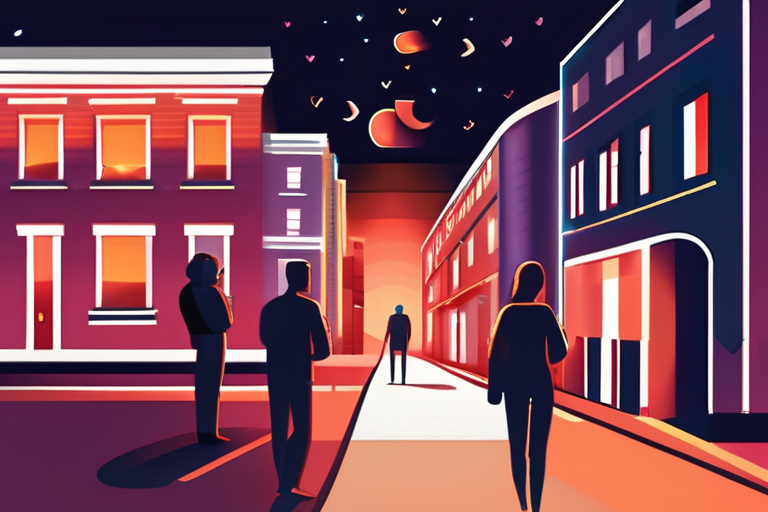



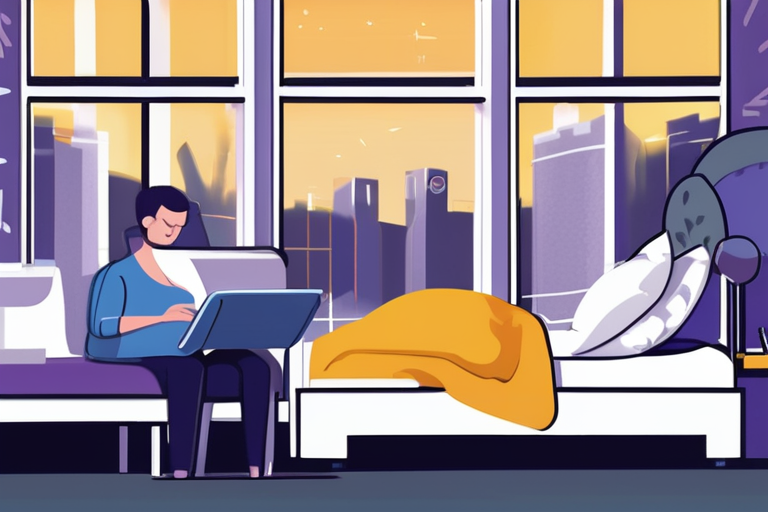
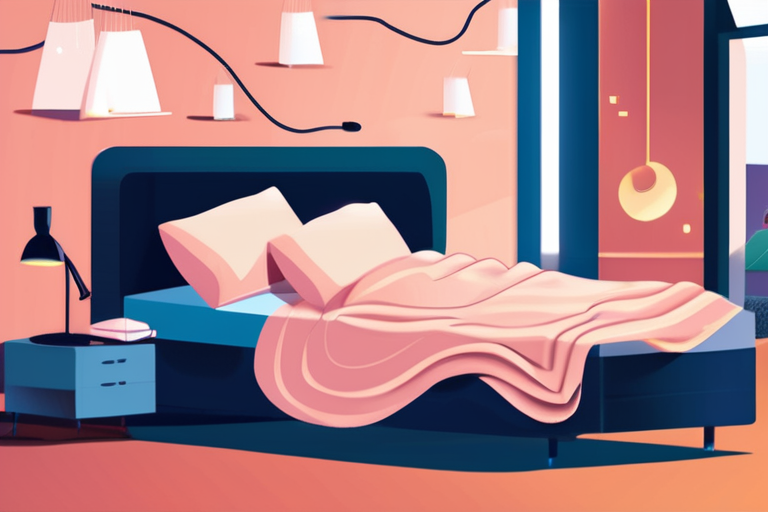
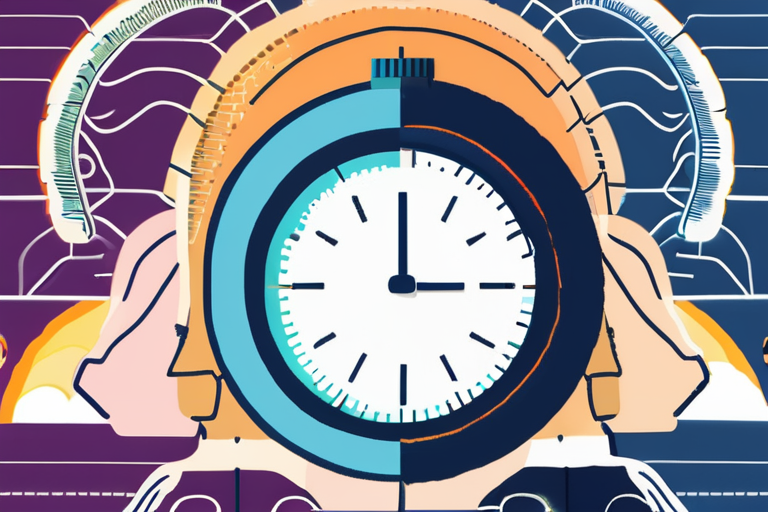
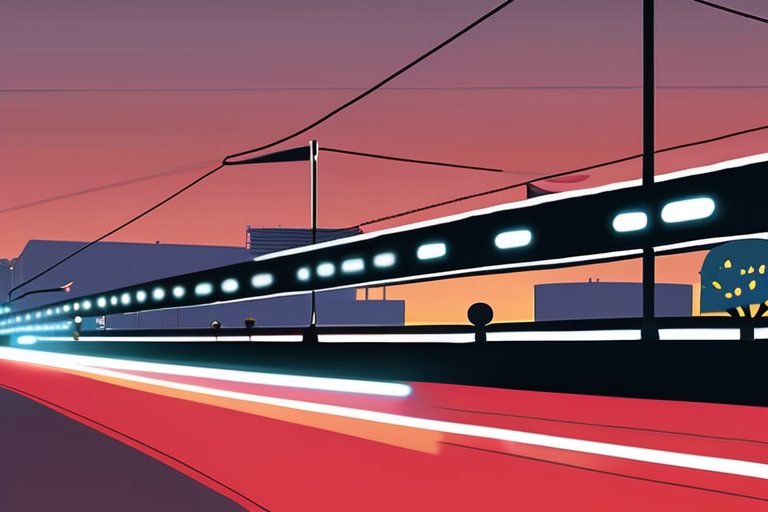
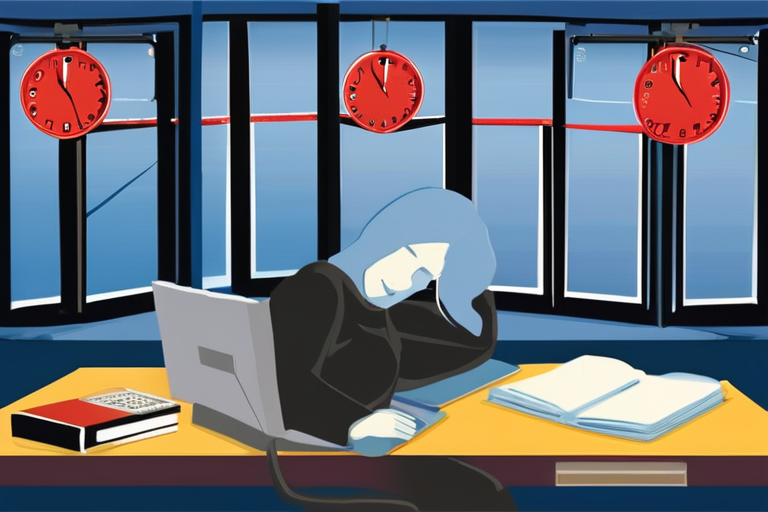

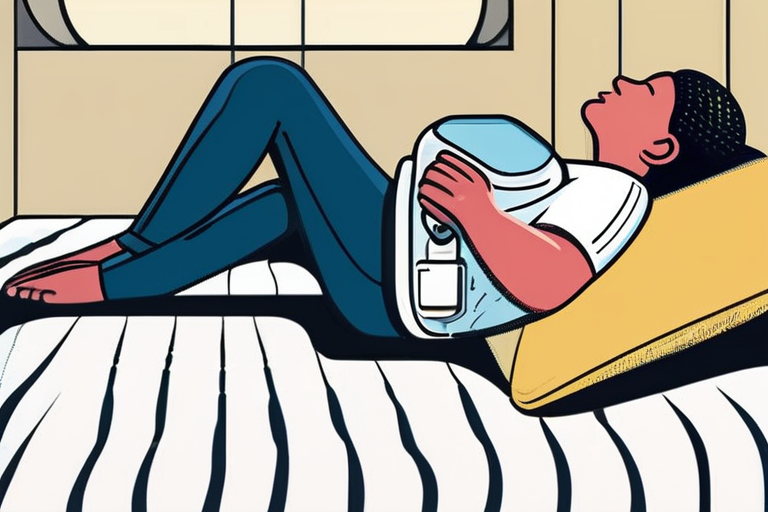
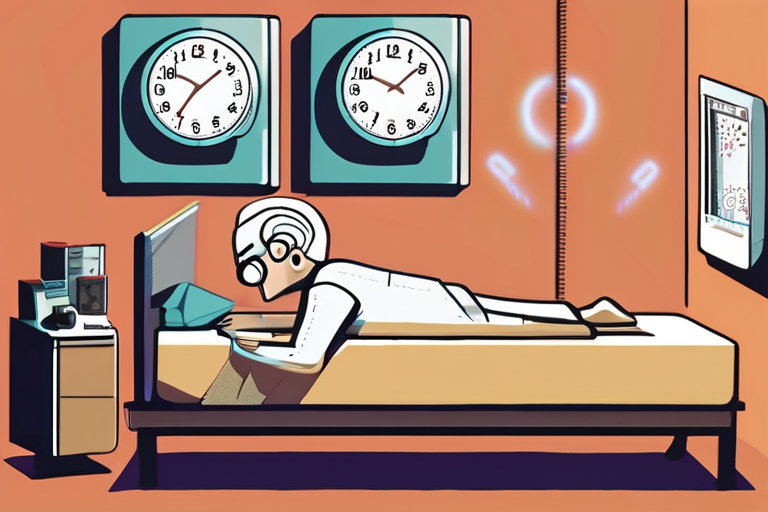
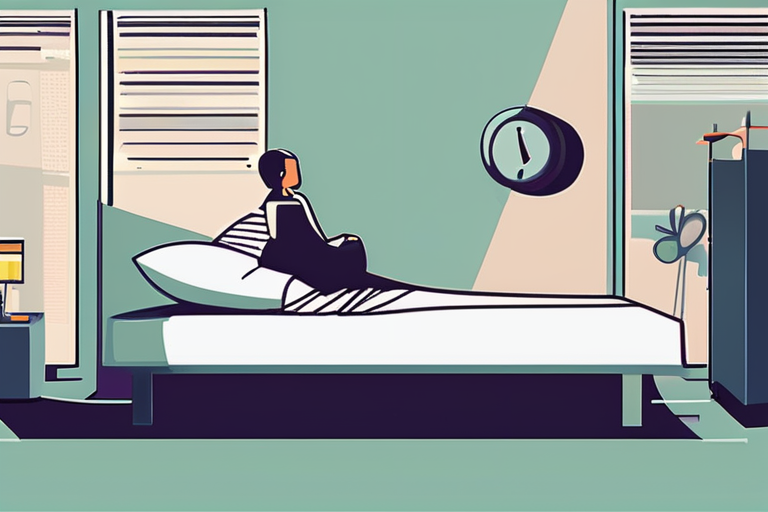
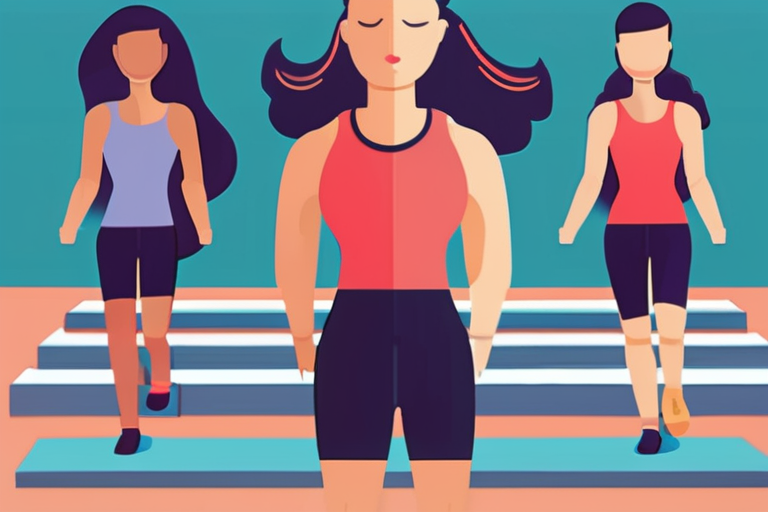
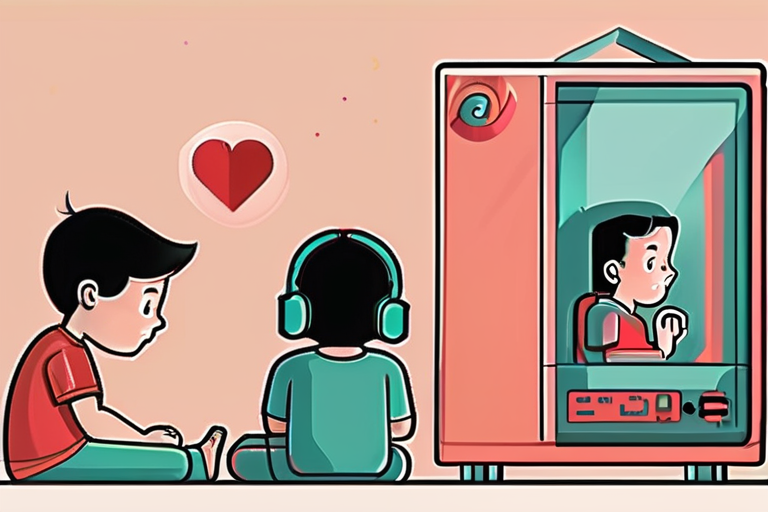


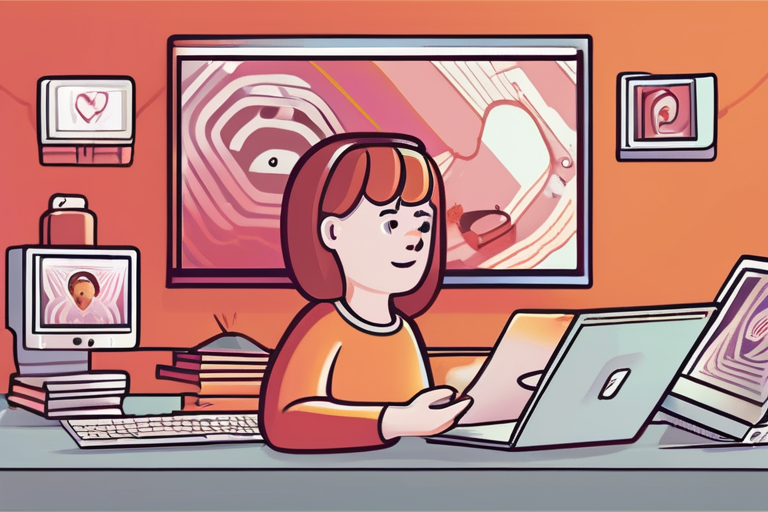
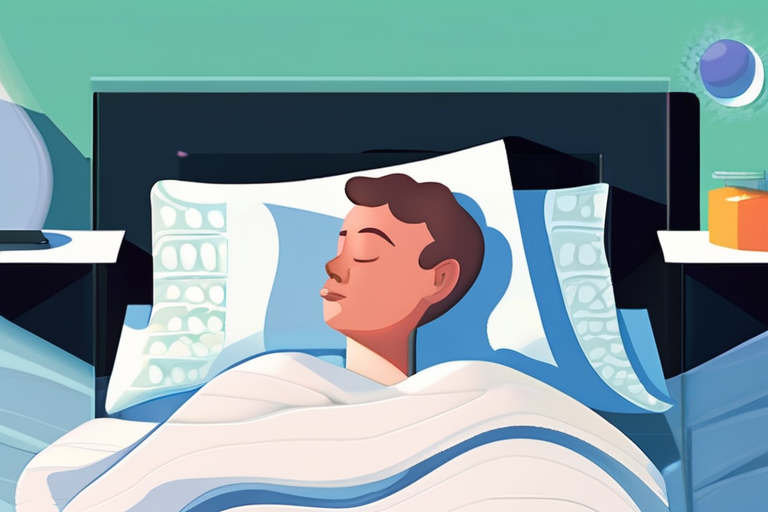

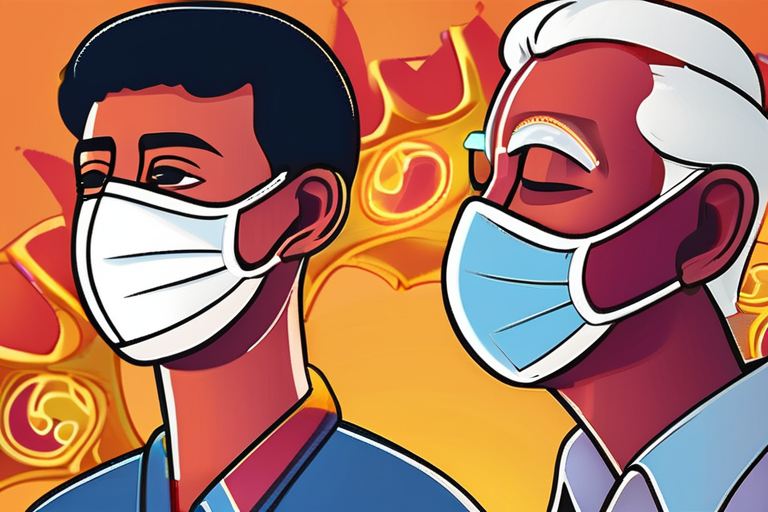

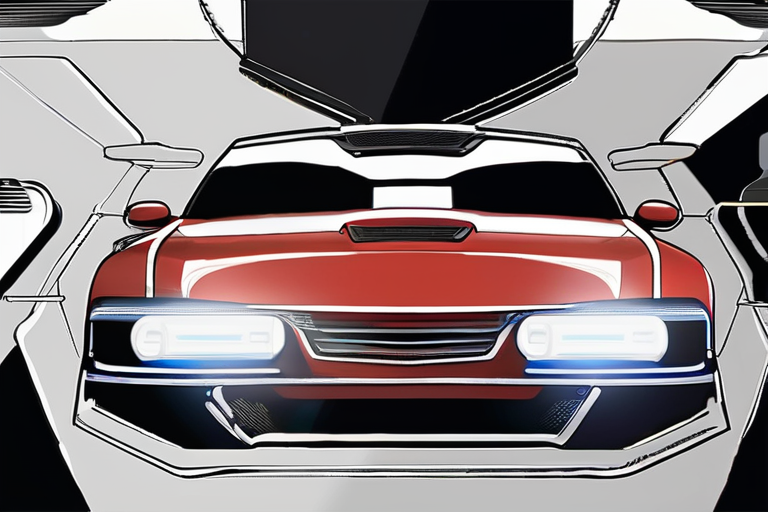
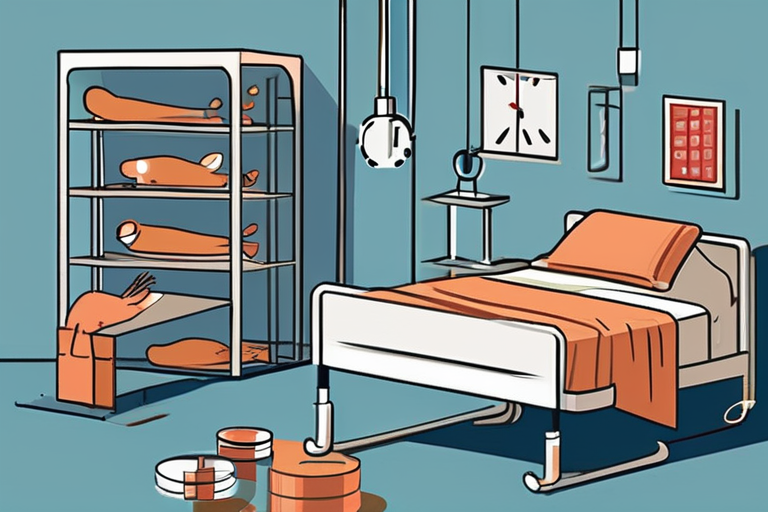
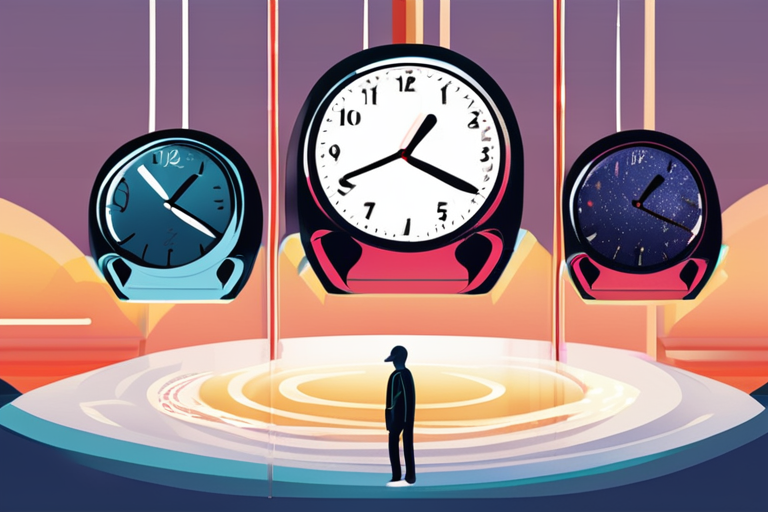


Share & Engage Share
Share this article